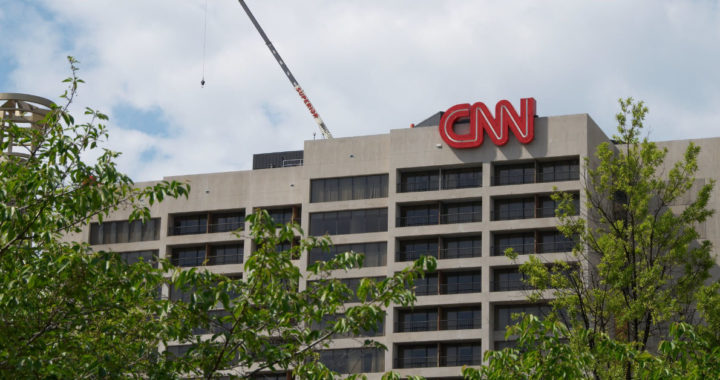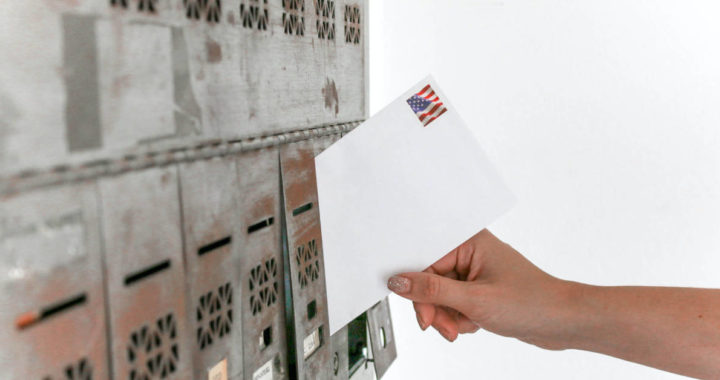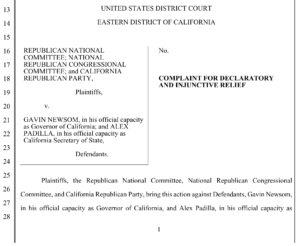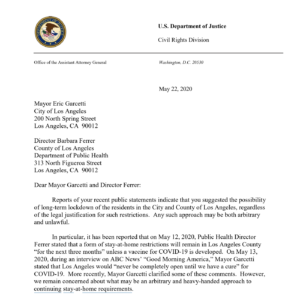Cable news giant CNN secured a small victory last week in a defamation lawsuit brought by U.S. Representative Devin Nunes of California.
On Friday, a federal judge in Virginia agreed to move the lawsuit to New York after determining there was “no logical connection” between the parties and the lawsuit’s original filing in Richmond.
It marks the first time a judge has agreed to move one of Nunes’ many lawsuits from one venue to another, the Fresno Bee reported.
Nunes, described by the New York Law Journal as a “staunch defender of President Donald Trump in the Congress,” sued CNN after the news organization published a story last November allegedly linking Nunes to Ukrainian Prosecutor Viktor Shokin during an off-the-books trip to Vienna in 2018.
CNN said it received information about the meeting from an attorney representing an indicted associate of Trump’s personal lawyer and advisor Rudy Giuliani. The meeting between Nunes and Shokin focused on “digging up dirt on Joe Biden,” the presumptive Democratic nominee for president, CNN reported.
Nunes disputed the CNN report, telling another news publication the accusation was “demonstrably false.” He later released photos he said proved he was not in Vienna when CNN’s source claimed he visited.
Nunes is a highly-litigious politician whose targets for lawsuits have included Hearst and the magazine Esquire; newspaper giant McClatchy Corporation and its subsidiary paper the Fresno Bee; political opposition research firm Fusion GPS; and a parody Twitter account whose author masquerades as a fictitious cow. In the latter suit, Nunes filed against Twitter in an apparent attempt to unmask whoever was responsible for the day-to-day operations of the account.
The congressman has filed most of his lawsuits over the last three years in Virginia. In the lawsuit against CNN, Judge Robert E. Payne warned Nunes and his attorney against the apparent practice of “forum shopping” — a practice where litigants try to have their case heard in a certain court based on an apparent belief that a judge or jury might rule in their favor.
“The Court cannot stand as a willing repository for cases which have no real nexus to this district,” Payne wrote in his decision.
Nunes, who represents the Fresno area, has not filed any of his defamation lawsuits in California. The exact reasons for this are unclear, though legal experts suspect Nunes may find the odds against him due to a state law that limits lawsuit over free speech and expression.
The law, known as Anti-SLAPP (Strategic Lawsuit Against Public Participation), allows defendants to move for a quick dismissal as well as any legal fees associated with responding to a lawsuit.
Earlier this year, lawmakers in Virginia passed separate bills — Senate Bill 375 and House Bill 759 — mirroring California’s Anti-SLAPP law earlier this year. But when it came time for each chamber to hear the other’s Anti-SLAPP bill, both chamber re-wrote the other’s bill, and the overall proposal stalled.
State Senator John Edwards pledged to revive the bill during next year’s legislative session.








